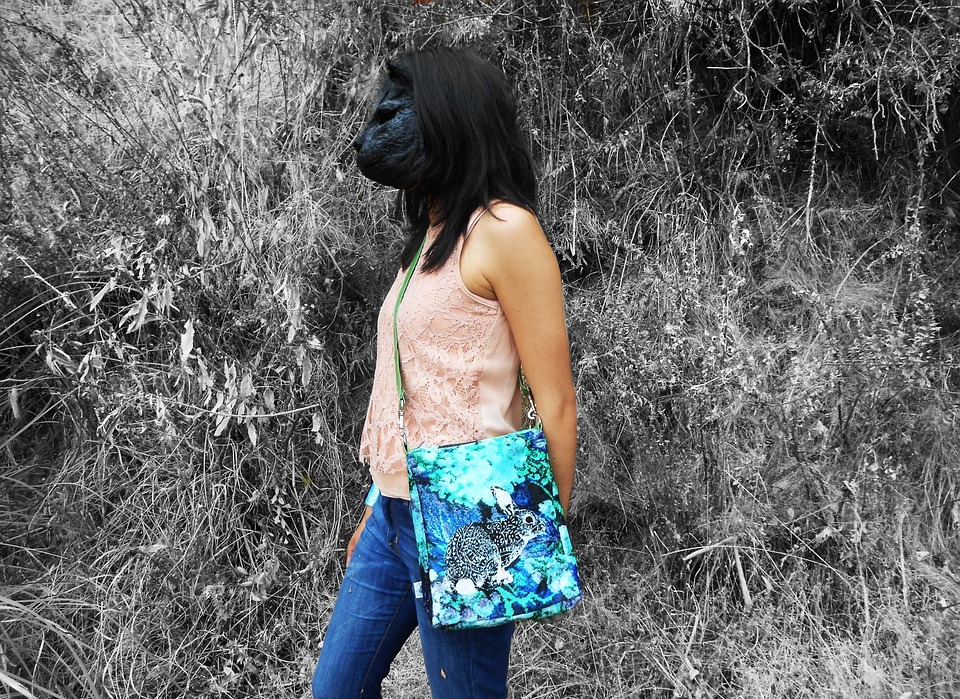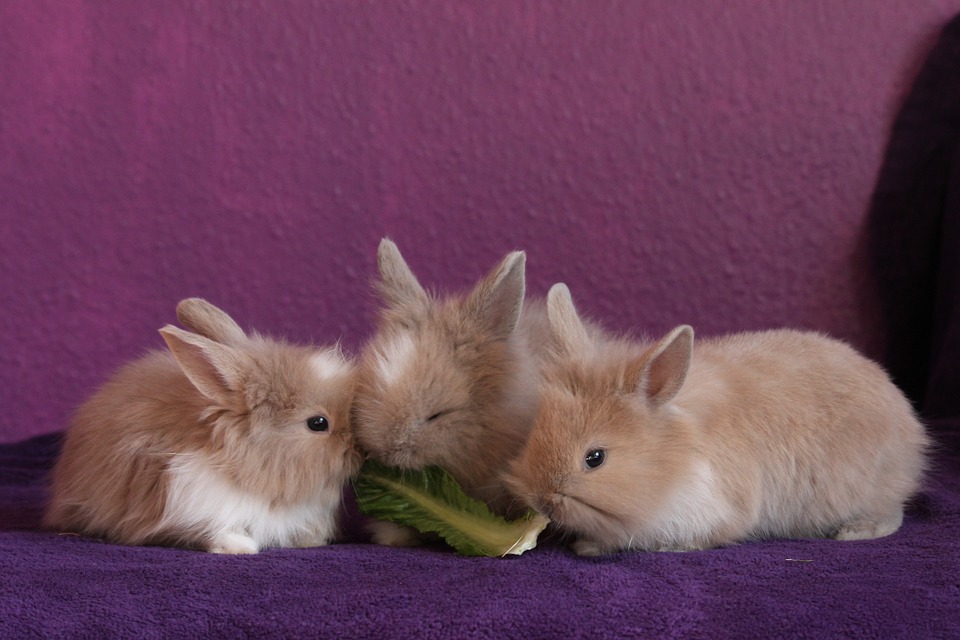The allure of sharing a crunchy snack with your beloved bunny is tempting. But is popcorn, a staple in many human pantries, a safe treat for our furry friends? This article delves into the complex relationship between rabbits and popcorn, exploring the potential benefits, significant risks, and the best practices for making informed decisions about your rabbit's dietary needs. We'll navigate the nutritional value of popcorn, examine its impact on rabbit digestion and dental health, and uncover the hidden dangers of added ingredients. Ultimately, this comprehensive guide aims to equip you with the knowledge to ensure your rabbit's well-being, whether or not popcorn finds a place in their diet.
Part 1: Understanding Rabbit Nutrition

1.1. A Herbivore's Diet
Rabbits are herbivores, meaning their diet primarily consists of plant-based foods. Their digestive system is specifically designed to efficiently extract nutrients from high-fibre, low-protein sources.
1.2. The Importance of Hay
Hay forms the cornerstone of a healthy rabbit diet. It provides essential fibre, which is crucial for maintaining a healthy digestive system, promoting proper tooth wear, and preventing obesity. Timothy hay, with its lower calorie content and higher fibre content, is generally preferred for adult rabbits.
1.3. Fresh Vegetables and Pellets
Fresh vegetables, offered in moderation, supplement a rabbit's diet with vitamins and minerals. Commercially available rabbit pellets, containing a balanced blend of nutrients, provide a complete dietary foundation, especially for growing rabbits.
Part 2: The Nutritional Value of Popcorn

2.1. A Grain with Benefits
Popcorn, a whole grain, offers a range of nutrients, including dietary fibre, antioxidants, and small amounts of vitamins and minerals. It's a source of thiamin, magnesium, and phosphorus, all vital for various bodily functions.
2.2. The Fibre Content
Popcorn is relatively high in fibre, a crucial nutrient for digestive health. Fibre promotes regular bowel movements, helps with satiety, and supports a healthy gut microbiome.
2.3. Comparing Popcorn to Essential Rabbit Foods
While popcorn provides some nutritional value, it pales in comparison to the essential nutrients found in hay, fresh vegetables, and rabbit pellets. These core elements provide the necessary vitamins, minerals, and fibre that rabbits require for optimal health.
Part 3: Potential Risks of Popcorn for Rabbits
3.1. The Digestive System's Delicate Balance
Rabbits have delicate digestive systems that are highly sensitive to dietary changes. The high fibre content in popcorn, though beneficial in moderation, can disrupt this delicate balance and lead to digestive issues.
3.2. Bloating and Gas: A Common Discomfort
The rapid fermentation of fibre in popcorn can result in bloating and gas, causing discomfort and potentially leading to digestive upset in rabbits.
3.3. Gut Stasis: A Serious Medical Concern
In extreme cases, popcorn can contribute to gut stasis, a life-threatening condition where the digestive tract slows down or stops functioning. This requires immediate veterinary attention.
3.4. Choking Hazard: Unpopped Kernels and Small Pieces
Unpopped popcorn kernels are a serious choking hazard due to their hard, indigestible nature. Even popped popcorn can pose a choking risk, especially for small rabbits or those with weaker jaw muscles.
Part 4: The Impact of Popcorn on Rabbit Teeth
4.1. Continuous Growth and Wear
Rabbits' teeth continuously grow throughout their lives, requiring constant wear and tear. This natural process prevents overgrown teeth and ensures proper chewing function.
4.2. The Role of Chewing
Chewing on hay and other fibrous foods is crucial for wearing down rabbit teeth. The abrasive nature of these materials provides the necessary friction to keep teeth at a healthy length.
4.3. Popcorn's Limited Impact on Dental Health
While popcorn does not pose a direct threat to teeth, it lacks the abrasive qualities of hay and other fibrous foods. This means it offers limited contribution to natural tooth wear.
4.4. Potential for Dental Problems
Insufficient tooth wear can lead to overgrown teeth, causing pain, difficulty eating, and even infection. Additionally, misalignment of teeth (malocclusion) can further exacerbate dental problems.
Part 5: The Danger of Added Ingredients
5.1. Commercially Prepared Popcorn: A Recipe for Trouble
Popcorn sold commercially often contains added ingredients that are detrimental to rabbit health. These include butter, salt, sugar, and artificial flavourings, all of which lack nutritional value and pose various health risks.
5.2. Butter and Salt: A Double Whammy
Butter and salt, common additions to popcorn, are high in fat and sodium. Excessive intake of these substances can lead to obesity, heart problems, and other health complications in rabbits.
5.3. Sugar and Artificial Sweeteners: Empty Calories
Sugar and artificial sweeteners offer no nutritional value for rabbits. They contribute to dental problems, obesity, and other health issues.
Part 6: Alternative Treats for Rabbits
6.1. Healthy and Nutritious Options
There are many safe and healthy alternatives to popcorn for rabbits:
- Fresh Herbs: Parsley, cilantro, basil, and dill are good options.
- Fruit and Vegetables: Offer a variety of fruits and vegetables, such as apples, bananas, carrots, and spinach, in moderation.
- Commercial Rabbit Treats: Look for treats specifically designed for rabbits, which are formulated to be safe and nutritious.
6.2. Moderation is Key
Treats should be given in moderation, no more than 1-2 times per week. The majority of a rabbit's diet should consist of hay, fresh vegetables, and rabbit pellets. Excessive treats can lead to obesity and other health issues.
Part 7: Introducing Popcorn to Rabbits: A Cautious Approach
7.1. Consult with Your Veterinarian
Before introducing any new food to your rabbit, consult with your veterinarian. They can assess your rabbit's individual needs and advise on the suitability of popcorn, taking into account their age, breed, and health history.
7.2. Start Small and Observe
If your veterinarian approves, introduce popcorn gradually. Offer a small amount of popped popcorn, without any added ingredients, to see how your rabbit reacts. Observe them closely for any signs of digestive upset, such as bloating, gas, or diarrhoea.
7.3. Opt for Air-Popped Varieties
If you choose to give your rabbit popcorn, opt for air-popped, unsalted, and unsweetened varieties. This minimises the risk of added ingredients and health issues.
Part 8: FAQs
8.1. Can rabbits eat popcorn with butter and salt?
No, rabbits should never eat popcorn with butter, salt, or other added ingredients. These ingredients are harmful to their health and can lead to obesity, heart problems, and other issues.
8.2. Is it okay to give my rabbit unpopped popcorn kernels?
Absolutely not. Unpopped kernels are a serious choking hazard for rabbits. They are hard, indigestible, and can become lodged in the throat.
8.3. Can rabbits eat microwave popcorn?
Microwave popcorn often contains added ingredients like butter, salt, and artificial flavourings that are harmful to rabbits. It's best to avoid this type of popcorn entirely.
8.4. What are the signs of digestive problems in rabbits?
Signs of digestive problems in rabbits include bloating, gas, diarrhoea, loss of appetite, lethargy, and straining to pass stools. If you notice any of these symptoms, contact your veterinarian immediately.
8.5. Can I give my rabbit popcorn as a regular treat?
Popcorn should not be a regular part of a rabbit's diet. It is not a nutritious food and can pose several health risks. Opt for healthy treats designed specifically for rabbits, offered in moderation.
8.6. Are there any specific breeds of rabbits that are more susceptible to popcorn-related health problems?
While all rabbits can be affected by popcorn-related health problems, some breeds may be more prone to digestive issues or choking hazards. It's always best to consult with your veterinarian regarding your specific rabbit breed.
Part 9: Conclusion
While the idea of sharing popcorn with your rabbit might seem appealing, the risks outweigh the potential benefits. Popcorn lacks the essential nutrients found in hay, fresh vegetables, and rabbit pellets, and its high fibre content can lead to digestive issues. The dangers of added ingredients further solidify the fact that popcorn should be avoided in a rabbit's diet. By providing a healthy and balanced diet, you can ensure your rabbit's optimal well-being and enjoy many happy years with your furry companion.
Everyone is watching
-

Do Rabbits Lay Eggs? (The Surprising Truth)
OTHER TYPES OF PETSThis article will unravel the common misconception that rabbits lay eggs, exploring the fascinating world of r...
-

What's a Group of Rabbits Called? (A Comprehensive Guide)
OTHER TYPES OF PETSThis article delves into the fascinating world of rabbits, exploring the various terms used to describe a grou...
-

Can Rabbits Eat Grapes? A Guide to Safe Rabbit Treats
OTHER TYPES OF PETSThis comprehensive guide will explore the safety and suitability of grapes for rabbits, providing detailed inf...
-

Predators That Hunt Rabbits: A Guide to Natural Enemies
OTHER TYPES OF PETSI've always been fascinated by the circle of life, that delicate dance between predator and prey. Growing up ...
-

Are Rabbits Nocturnal Animals?
OTHER TYPES OF PETSThe question of whether rabbits are nocturnal animals is a fascinating one, with a surprisingly complex answer...
